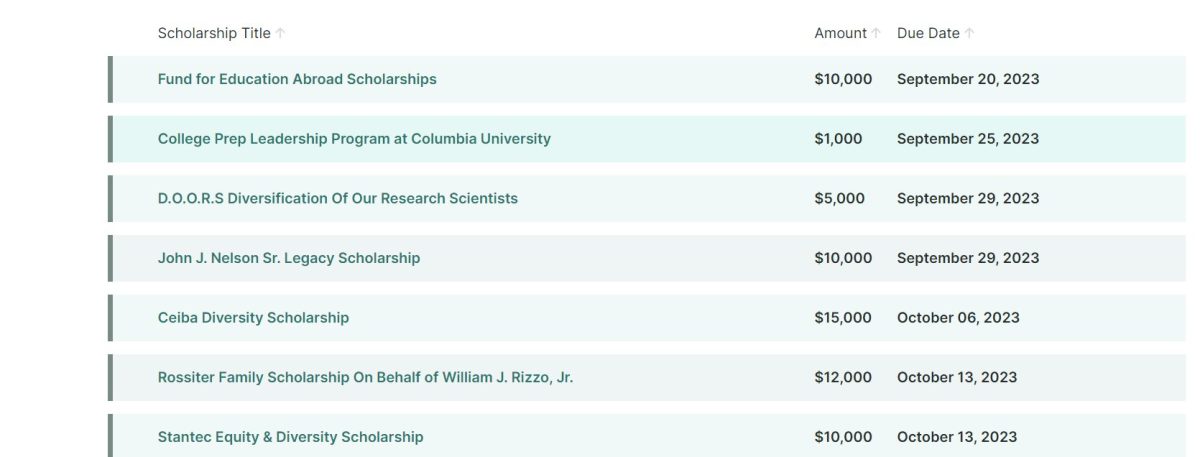Fair treatment and equality of college admissions are currently under attack, and with the new Supreme Court ruling, affirmative action has been reduced to nearly nothing.
On June 29th 2023, the Supreme Court ruled in a majority 6-3 vote that it was unconstitutional for colleges to deny or choose students specifically by race, and they should only judge the admission based on the student’s merits and achievements.
Students across the nation are reacting to this statement, with reactions varying from outrage to relief at their new chances of acceptance.
Upcoming seniors are also taking this information with different perspectives, with some believing that this will be a positive change. “I do not believe that race should be a factor when being admitted into a college, doing so undermines what equality truly is”, said senior Steven Ly, who believes his chances of acceptance are far higher with the removal of affirmative action.
This begs the question of whether this decision would benefit or harm racial minorities and majorities alike applying to college. Does saving specific spots for students of a specific race just because their race alone help reduce racism by helping groups in need? Or does it further perpetuate the racial divide in our community by denying students application based on their race?
However, not everyone is happy with the recent changes. Some go as far to say the ruling was a step backward for racial equality. The fact of the matter is some racial groups have better access to early education and better academic resources from a young age. Statistically, most college applicants in the U.S are either Asian or white. “There is far more stress and competition for applying students now that everyone has the same chances” says mixed student of pleasant valley Trenten Walden. Walden believes his likelihood of getting into a high end college has been greatly reduced now affirmative action has been slashed.
Whether students across the country have had their likelihood reduced or increased of being admitted, debates and protests continue to soar as the ethics of this decision are called into question., but all involved can now agree on one thing. “Everyone is now at an even playing field” put by Walden to end this argument.









